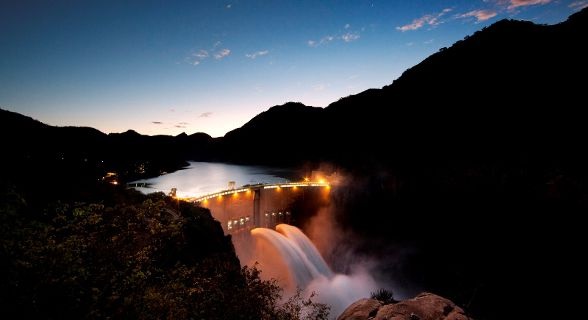Mozambique: Beira Municipality will grant €135,000 annually to fund youth initiatives
Mozambique government bans night artisanal fishing in Cahora Bassa

Sapo (File photo)
The Mozambican government on Monday announced the night ban of artisanal fishing at the Cahora Bassa dam in the western province of Tete.
The decision seeks to combat illegal fishing in the Cahora Bassa Lake, where it has reached alarming proportions, with reports pointing also to the involvement of foreigners, reports the daily “Noticias” on its page online.
The fishing of Kapenta, a freshwater fish also known as the Tanganyika sardine, is a business that generates over 10 million US dollars a year.
The head of the National Operations Directorate at the Ministry of Sea, Inland Waters and Fisheries, Leonites Chimarizene, said that the decision will be enforced soon after the consolidation of a multisector inspection team, recently created by the provincial government.
Chimarizene said that besides illegal activities, artisanal fishermen are also involved in the theft of kapenta from the semi-industrial fishing boats.
He made this revelation minutes after a meeting with the managers of semi-industrial fishing companies operating in Cahora Bassa dam.
Also Read: Crab fishing company in Zambezia: Taigon has 15 days to honour its commitments – Govt
The thieves “often use canoes to reach the semi-industrial boats and to transship. These canoes are not viable as they don’t have night navigation equipment or a GPS. That’s also a risk for their own life. These are the main points that weighed for imposing the ban on night navigation. We will cut down theft in the Cahora Bassa dam. “












Leave a Reply
Be the First to Comment!
You must be logged in to post a comment.
You must be logged in to post a comment.